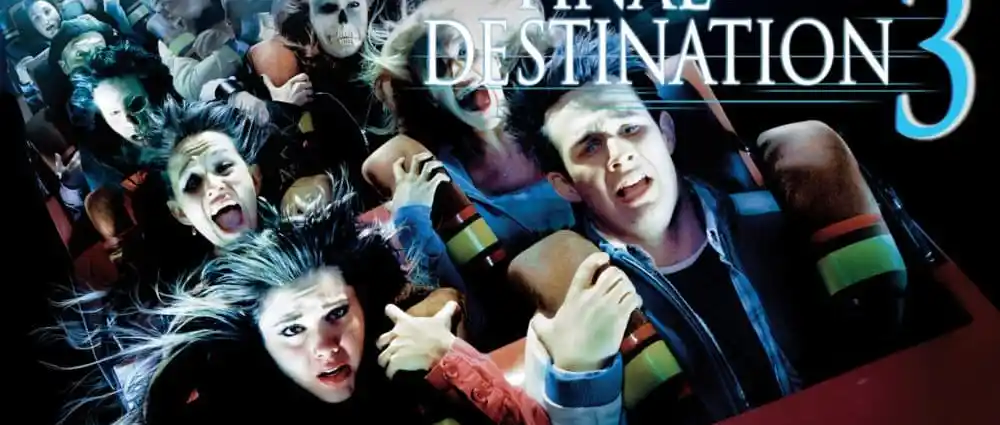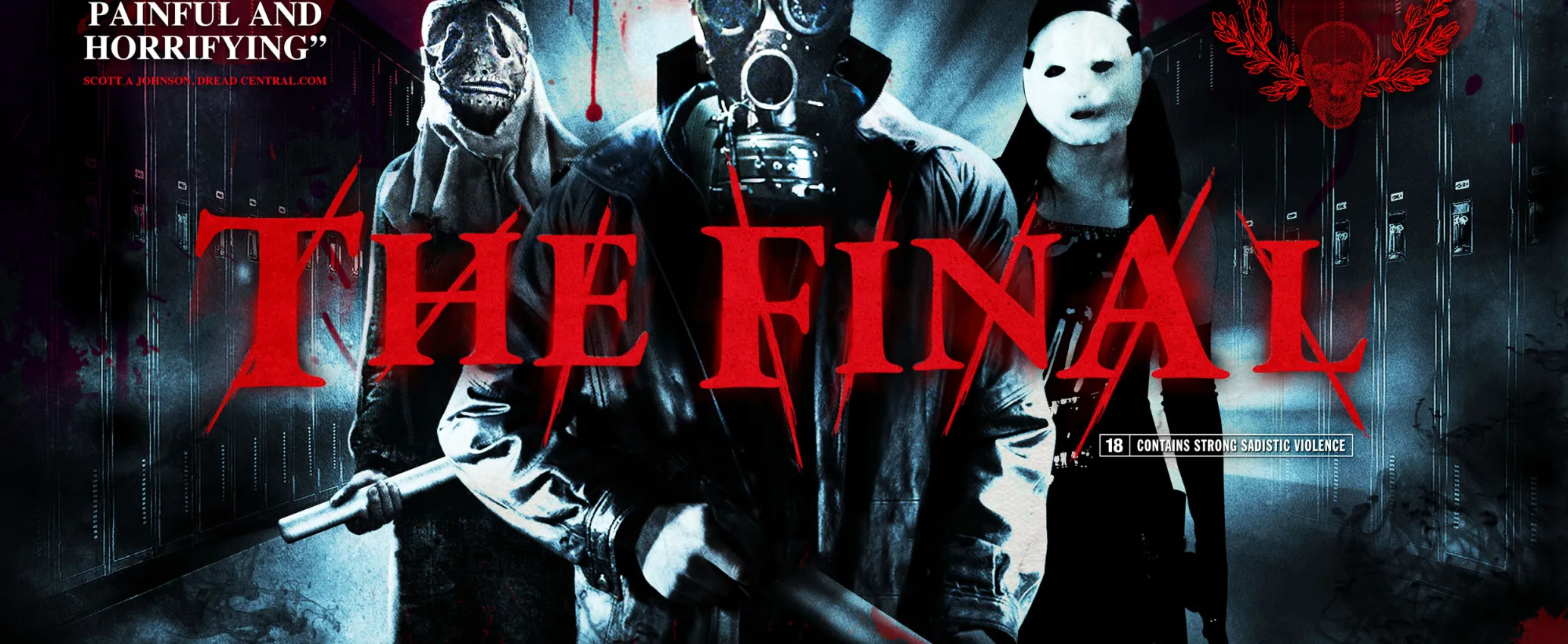Whether a remake or re-imagining is necessary often boils down to one or two key variables, whether such a film is in demand and whether that film can be improved on. I talked about it with my review of Aladdin recently, but I’ve had a mixed reaction to Disney’s newfound interest in “live-action/hyper-realistic animated” reinterpretations of the many classics in their library. I thoroughly enjoyed The Jungle Book and I believe it checked both of those boxes well, whereas, while I found enjoyment in Aladdin, I don’t believe it earned its keep in the same fashion. Like that film, the 2019 film The Lion King had no trouble checking off the first box. The film was able to procure over 1.6 billion dollars at the worldwide box-office and surpassed Frozen as (technically) the highest-grossing animated film of all-time and the second highest-grossing film of 2019 (the release of Frozen 2 and Star Wars: Episode 8 pending). However, judging by the mixed-reception from critics, it’s clear there’s a disparity that needs resolving in-order to answer whether The Lion King checks off the second box.
The musical film sees Jon Favreau (director of The Jungle Book) in the director’s chair with a screenplay written by Jeff Nathanson, which is curious considering how little differences can be seen from the original’s screenplay and his, but I digress. I was excited when I saw Jon Favreau‘s name attached to the film, and I was excited when I heard the cast was comprised of names like Donald Glover, John Oliver, Seth Rogen, Chiwetel Ejiofo, and James Earl Jones (reprising his role as Mufasa), among others, and was optimistic heading into the film itself. The visuals while epic-scale and majestic, admittedly, had me uneasy from the trailers. One consequence from such hyper-realism is that it risks absolving characters of their facial features and other ways of instilling personality, and personality was one of the key ingredients to what made the original film so beloved.
The Lion King tells the tale in about the same way as you’d heard it in the original – Mufasa is the strong and respected King and Scar is his frailer and jealous brother. Scar devises a plan to rid himself of Mufasa and take the throne for himself. The wrench in that plan is Mufasa’s son Simba who manages to survive Scar’s heinous attack and seeks refuge outside the Pride where he meets a bubbly warthog and a colorful meerkat, and so on and so fourth. Some Hamlet there, a little White Lion here, and presto! It’s Disney‘s first completely original animated film brought back to the screen like you’ve never seen it before! And, make no mistake, I’m happy about that. I loved The Lion King as a kid and have no doubt I’ll be reviewing the original film on Mashers Club before you know it.
This film changes very little from the source material, which can either be to its benefit or detriment, depending on how you decide to look at it. I understand the appeal of remaking classic films and don’t think it’s nearly as egregious as some do. Much like how people like to see their favorite play on stage with a new cast of actors and actresses, I can understand the appeal of wanting to see a new interpretation of The Lion King on the big-screen. This isn’t to say I wouldn’t prefer a new idea brought on the screen, but that I can understand the logic of both the producer who creates it and the theatergoer who supports it.
This isn’t a new interpretation, however, with every scene feeling copy-and-pasted from the original, and what’s not from the original, simply put, feels like unneeded flack. As a compromise, everything can’t help but feel a little watered down and diluted, with every scene feeling like a lesser recreation. The film does manage to capture a sense of epic scale that might’ve been missing from the original, but, yet, even that has me longing for how effortless the classic felt. The film has a very sassy, flamboyant Timon played by Billy Eichner, which I’m neither here nor there on, and it does offer slight spins on classic songs and new, forgettable songs of its own. The fear I had about a loss of emotional depth in favor of realism was realized, and, in-fact, the whole film has a certain disconnect I could never shake-off. What I’m seeing isn’t bad, and, in-fact, had the original film not existed, might even be really good. But, since that film does exist, I can’t help but feel the workman-like execution at work.
The difference between this film and that film is that the original feels like it’s made from scratch and this film feels store-bought. They might’ve followed the same recipe, but something was lost in translation. It could have been the energy or the brisk nature, or it could’ve been something more abstract, like the loss of heart (I couldn’t feel the love tonight). Whatever the reason, while Disney doesn’t fail with The Lion King and, thereby, doesn’t fail by the way of The List, The Lion King probably succeeds. At the end though, it changes so very little, and yet takes a great animated film and makes it into a good one.






GIPHY App Key not set. Please check settings